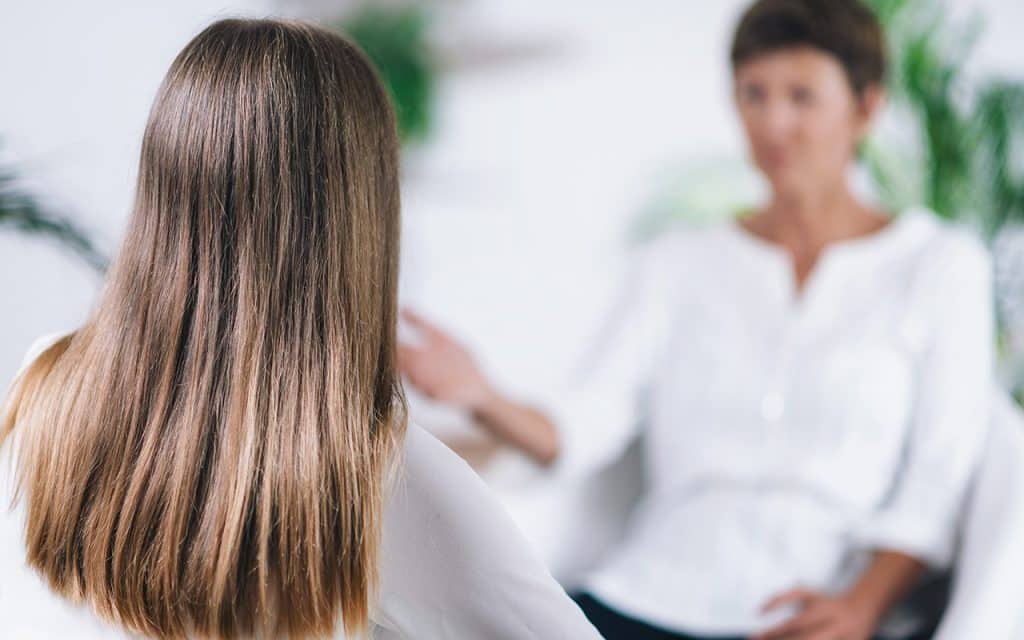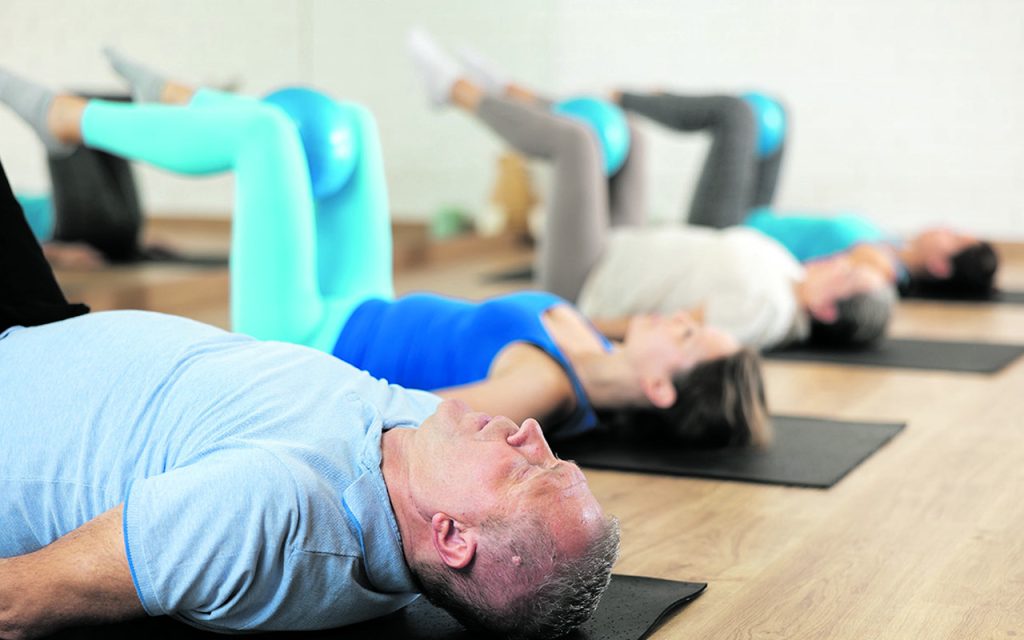
While I specialise in menopause health, which we encounter later in life, in this article I’m focusing on teenage female health issues.
In my opinion, teenagers get a really bad press. They’re slated to the point of ridicule for being rude, grumpy, lazy, and argumentative. What needs to be appreciated are the enormous hormone-driven physiological changes that are going on during these years. Yes, we were all teenagers once, but let’s be honest; how many of us really remember what it felt like?
Let me explain in terms many of you may understand; stop and think about your menopause transition, in particular those perimenopause years from 45 to 50. Remember the maelstrom of physical, emotional, psychological, neurological, dermatological, sexual and urinary symptoms as a result of hormone fluctuations at that time? Some of us felt like we were going mad.
Now imagine that multiplied by 100 – that’s what being a female teenager feels like.
It is a transition from child to young woman and goes on for several years, exactly like perimenopause.
Remember, this is a child, oestrogen-naive who, over a period of a few months, begins to have oestrogen, progestogen and testosterone circulating in her body for the first time, acting on pretty much every part of her; skin, breasts, genitals, internal organs, and, most importantly, her brain, affecting her emotions. Then she starts to bleed from her vagina! This is usually accompanied by pain like she has never experienced before. It is chaotic, painful, emotionally-overwhelming and very frightening. Yet, teenage girls get criticised and laughed at for their hormone-driven behaviour.
What is normal?
Onset of puberty in girls occurs between the ages of 11- and 13-years-of-age. Any signs of puberty starting under the age of eight is abnormal. This is called precocious puberty and should be investigated.
Breasts: Often the breasts initially develop in an uneven way. Benign breast cysts are also common in early puberty. Normal breast development can be painful and tender. It is important to reassure both the teen and her mother that this is all normal, that she is not going to end up with one boob much bigger than the other, and watchful waiting is recommended. I will see, examine, reassure, but ensure that she comes back with mum again in three to six months to review breast development. Rarely are scans or review by breast specialist needed. However, any leaking from the breasts in teenage or pre-teen girls needs investigation. It may be as a result of abnormalities of prolactin or thyroid hormones.
Menstruation: Menarche is the medical term for onset of menstruation. This usually occurs between the ages of 12 and 13. Bleeding under the age of eight requires investigation. Similarly, if a girl has turned 14 and not started her period, you need to see the GP, as investigation with blood tests and pelvic scan may be warranted. Outside of when the periods start, there is no normal; every girl is different. Periods often stop and start over the first one to two years and may take up to five years to become regular. Once they have settled into a regular pattern, not every teenager has a four-week cycle.
Talk to the girl!
What is important, as with all aspects of puberty, is to talk to the teen and ask about her periods. How heavy are they? How painful? What are her preferences for sanitary products? Ensure she has decent painkillers – paracetamol will not touch the sides and chemically ibuprofen is a better medicine for womb contractions, which is what period pain is. If ibuprofen 400mg does not help pain, go see your GP.
I have come across many teens who, when asked how their periods are, simply reply; “normal” only to find out on closer questioning that she is changing her pad or tampon every two hours for the first two days and, in spite of using tampon plus a pad at night, she wakes to a mess in the bed. That is not normal and needs managing; see your GP.
And please do not assume your daughter knows what is going on just because she is on social media or because she grunts: “Yes, Mum! I know all about it!”
That is just avoidance because she is scared, mortified, and doesn’t want to talk about it. It may be that she won’t talk to you but might talk to a favourite auntie or family friend. Always signpost to age-appropriate literature, such as: www.healthforteens.co.uk – a teen appropriate source for information on all things puberty-related.
Heavy painful periods
If the bleeding and/or pain is so bad she is missing school, you need to see the GP. Non-hormonal medications like mefenamic and tranexamic acid are very effective at reducing both pain and heaviness of flow but she will need to take 12 tablets a day through her period, which is a bit of a task. Definitive and kinder treatment is to actually prevent the painful heavy periods in the first place by using the oral contraceptive pill.
Just moody or is it Pre-menstrual Syndrome (PMS)?
I wrote on the topic of PMS in November 2023. For anyone with a teen suffering marked symptoms occurring during the week before her period, please access this online. The second half of the menstrual cycle, the one to two weeks before the period, is a time of crashing oestrogen and rising progestogen levels. That combination results in a whole collection of symptoms; sore, tender boobs, nausea, sometimes vomiting, food cravings and ravenous appetite, headaches, sometimes migraines, bowel symptoms of diarrhoea and marked emotional symptoms. What happens with PMS is that the young woman experiences feelings and emotions that are out of proportion to whatever is going on and impossible to control, be it anger, irritability or low mood and crying. There is great variation with PMS, from moodiness and slamming doors, to not being able to leave the bedroom for two days. It is important to validate the symptoms and resist the urge to criticise.
If any symptoms a teen is having in the week before her period stop her getting out to do what she would usually do, go see your GP. Again, the oral contraceptive is a life-changer here, as its job is to suppress ovulation and eradicate the premenstrual phase of her cycle. When used for treatment of PMS and heavy painful periods, I recommend using back to back for three months, then four days off, and start again on this three month cycle. If she does not want to take tablets, the same medication is available in patch form called Evra.
She’s a bit spotty; isn’t that normal for a teenager?
Do not underestimate how crippling even moderate acne can be for a teenage girl.
It is a time of massive body changes all happening at the same time. She is changing shape, growing boobs, growing armpit and genital hair, starting to have weird feelings that can be impossible to control, is thinking about boys or girls, whichever, for the first time in “that way”, is having painful vaginal bleeding and to top it all off her face breaks out in pustules. Acne can be there all the time or only appear for the week before your period. What breaks my heart as a GP and a mum is that acne scarring is preventable. Whatever about the damage to her self-esteem, any teen with large spots and boils is likely to end up with scarring, which may persist for life. Treatment is easy; again, oestrogen in the contraceptive pill or patch usually eradicates acne. If the contraceptive pill or patch is not appropriate, a once-a-day low dose oral antibiotic is also very effective.
For all those mums, aunties and grannies out there with a teenage girl in their lives, be kind; remember, when we were teenagers we didn’t have to deal with the cesspool that is the internet and social media.
I’m 58 and can recall the comments and jibes at hockey practice when I was a teen (aka; ginger, spotty, freckled, flat-chested and a bit of a swot). Imagine all that multiplied by 1000 with reminders and pictorial examples of how not pretty or perfect you are, constantly shoved in your face on a device on your person at all times.
Very last word
Be kind to our teenage girls; they’re the ones who will be kicking ass and sorting out the world’s problems when we are in our 90s.



